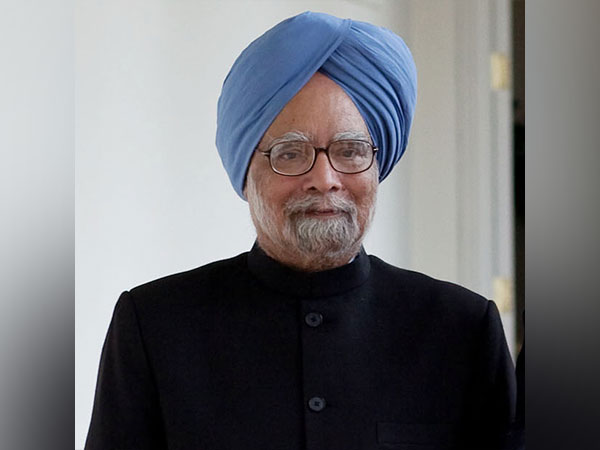Manmohan Singh: The Humble Architect of India's Economic Reforms
Manmohan Singh, the influential former Prime Minister of India, strived for peace with Pakistan, initiated economic reforms, and strengthened foreign relations. Remembered as a humble and simple man, he played a pivotal role in India's growth and diplomatic success, particularly through the India-US nuclear deal.

- Country:
- India
Manmohan Singh, the former Prime Minister of India and esteemed economist, passed away at 92, leaving behind a legacy of economic reform and diplomatic achievement. A man known for his humility, Singh played a crucial role in shaping India's economic landscape.
During his ten-year tenure, Singh made significant efforts to forge peace with Pakistan, although his attempts were thwarted by events such as the 26/11 Mumbai attacks. His global reputation as an intellectual and a consensus builder was widely respected, and his outreach to nations like Saudi Arabia reshaped India's international relations.
Singh's economic legacy includes the 1991 economic reforms and the successful India-US nuclear deal. Former Deputy NSA Pankaj Saran highlights Singh's impact on both domestic and foreign policy, portraying him as a leader who valued listening and learning, making a lasting mark on the country's history.
(With inputs from agencies.)










